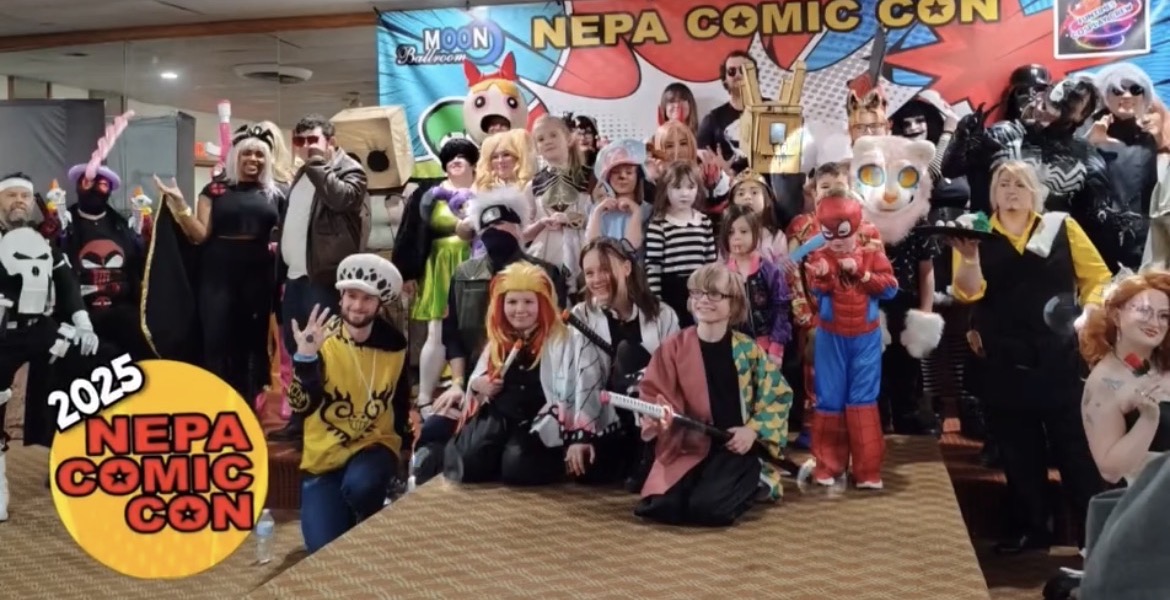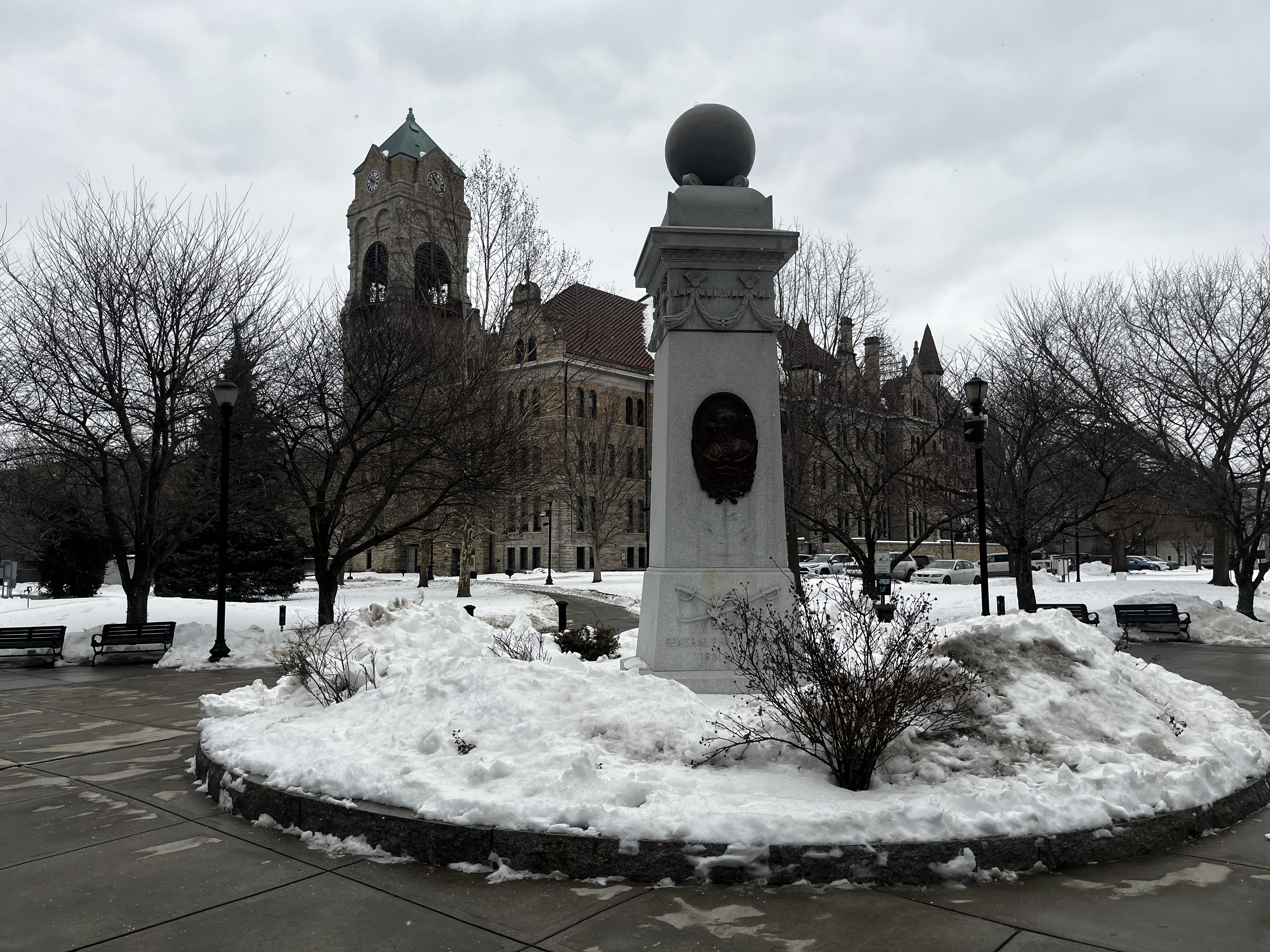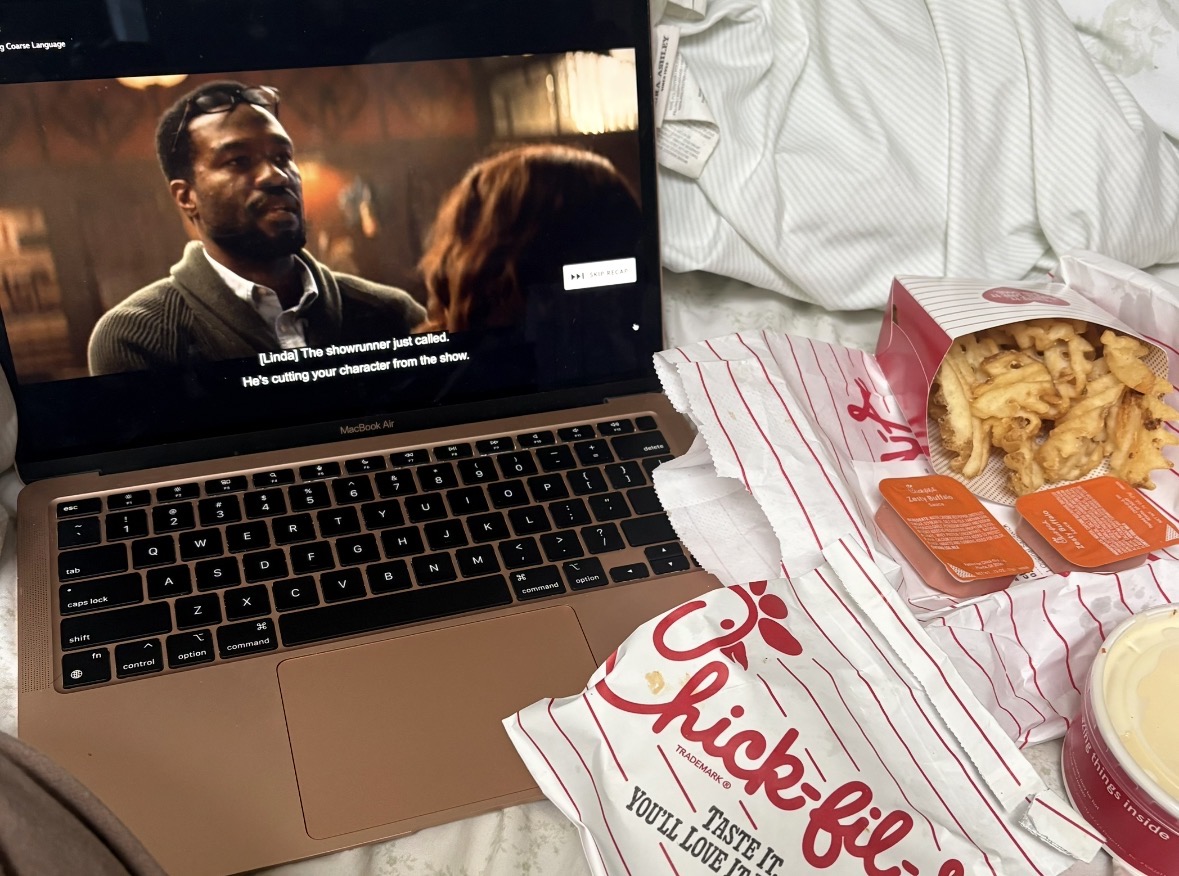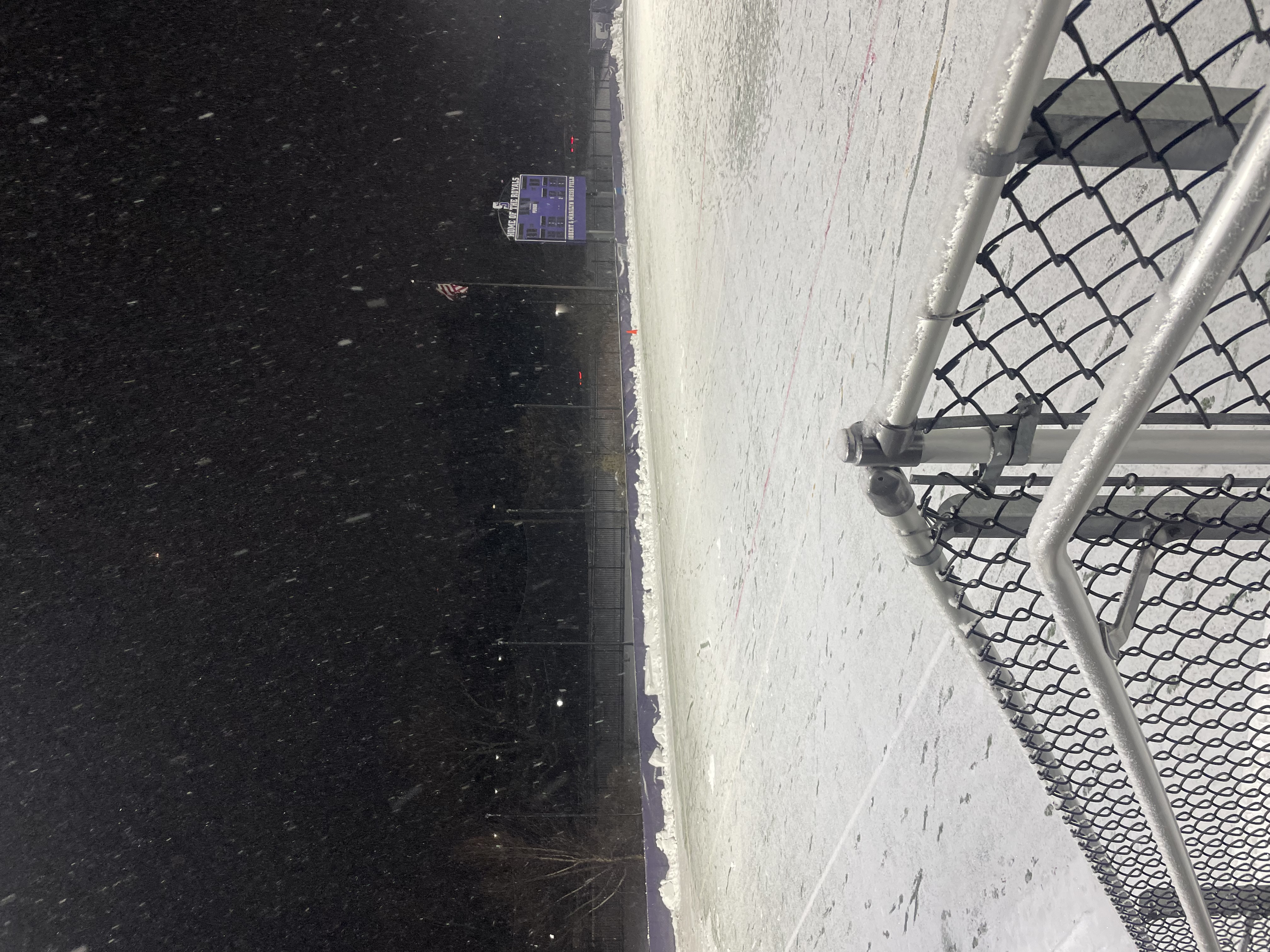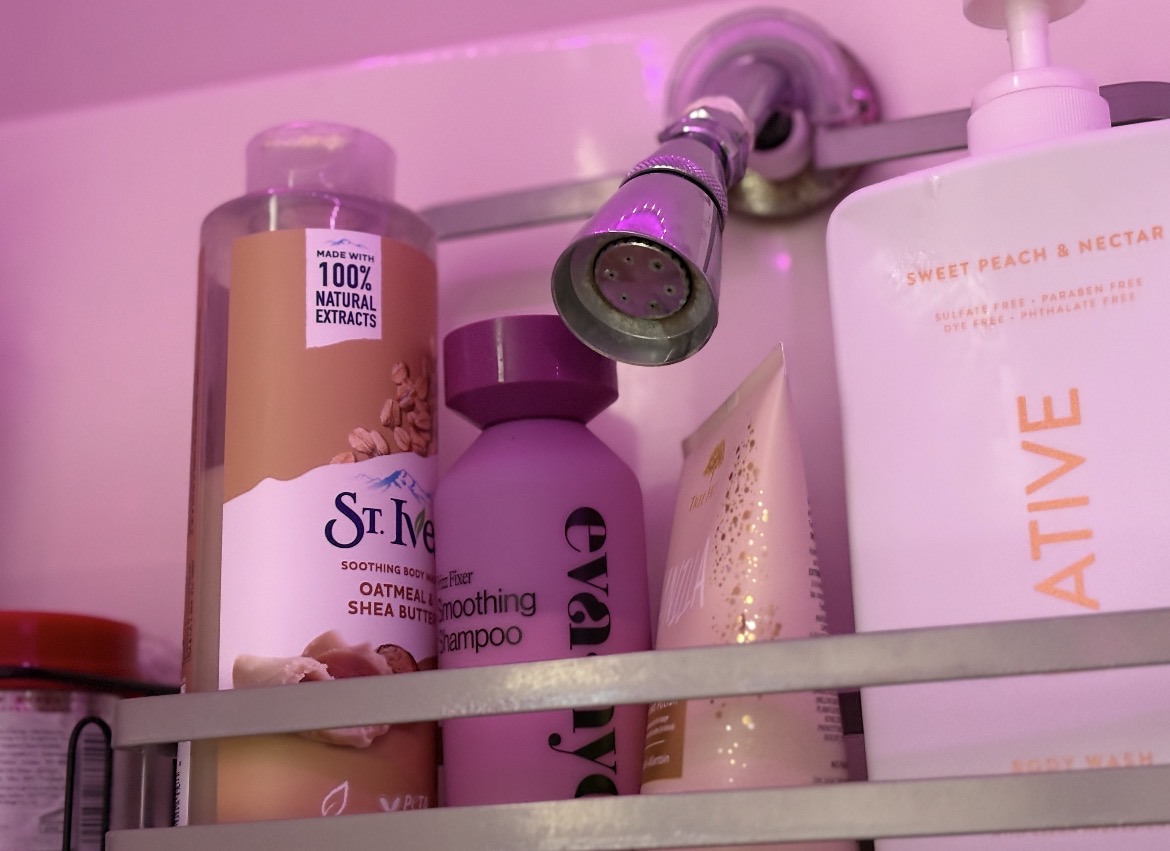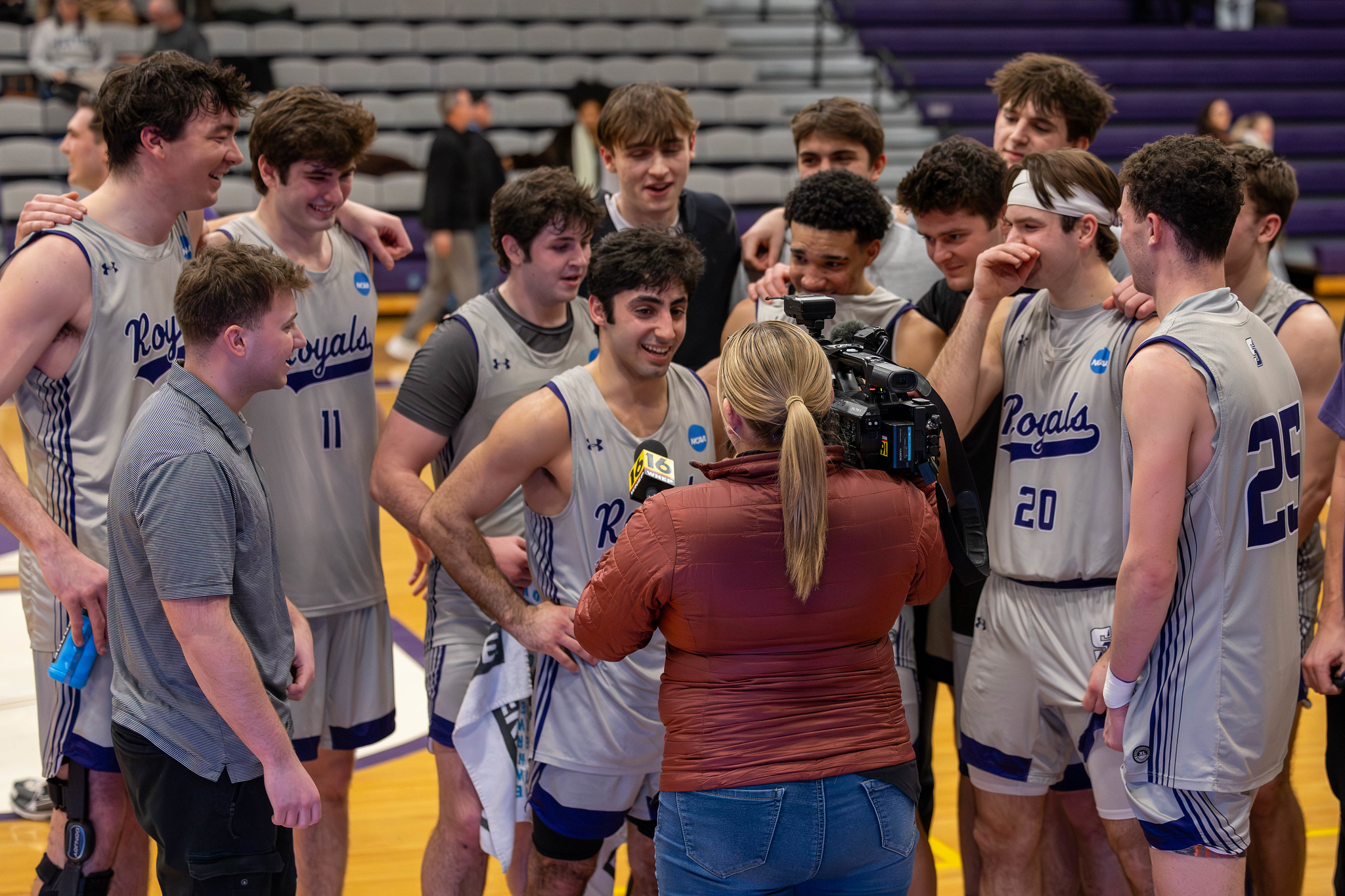The global phenomenon TikTok went dark in the United States the evening of Jan. 18. It was up and running again a little over 12 hours later.
The House of Representatives passed a ban-or-sell bill in March 2024, according to AP News. Concerns about TikTok arose because of the app’s China-based parent company, ByteDance. President Joe Biden signed legislation in April requiring that ByteDance sell the app within one year or be shut down.
TikTok and parent company ByteDance challenged this idea in May because they felt that forcing a sale or banning the app goes against the constitution.
The potential to ban TikTok was unanimously upheld by a court panel in December, according to AP News. The judges on the panel rejected the argument that banning the app goes against the First Amendment. Later that month, Donald Trump requested the Supreme Court halt the ban on TikTok until he was in office, so that he could create a “resolution” to the issue.
The Supreme Court upheld the ban on TikTok on Jan. 17. Unless the China-based parent company agreed to sell it to a U.S. owner, TikTok would no longer be legal in the U.S. Many argued that taking away TikTok limits free speech, but the fears of risk to national security by the app’s link to China was deemed a more significant issue than free speech concerns. The ban was set to take place on Jan. 19.
The app went dark the night of Jan 18. Users in the U.S. no longer had access to content on the app and it was removed from app stores. However, approximately 14 hours later, the app was up and running again in the U.S.
Many users and creators on TikTok responded with concerns of job security, entertainment and other worries leading up to the ban. The ban, which only lasted a few hours, demonstrated users’ need for the app.
Bianca Tlatelpa, a junior journalism major and user of TikTok, said that she did not believe the app would end up being banned.
“I was a little angry, it seemed like I was being cut off from the communities I formed in the app. I know some of my friends were going to go as far as to download all their saved TikToks but I didn’t think it was that big of a deal,” Tlatelpa said.
Tlatelpa said she was on TikTok when the ban took place, and she said she felt that TikTok is more than just an app. It is something that keeps her connected globally.
“I was actually scrolling through TikTok when suddenly I couldn’t scroll anymore. I thought it was silly of me to be upset about a social media platform, but I learned a lot from TikTok and it kept me connected to what was happening around the world. I know we’re taught as communication students to not trust social media for news because of misinformation, but TikTok raised awareness on things that weren’t being covered by news stations,” Tlatelpa said.
Holly Avella, an assistant professor of communication and media at the university, said that the reactions of people to the ban were interesting to observe.
“There were a lot of fascinating responses, from fears of dopamine withdrawal to the strategic downloading and deleting of other social media apps to make a statement,” Avella said.
Avella said that the conversation regarding the ban tells us a lot of what we need to know regarding people's reactions, and that this is something that will continue to be important.
“The conversation about the ban began well before the short blackout and continued afterward. These kinds of conversations can tell us a lot, beyond merely what people think of TikTok in itself—although there was a lot of that too, including a lot of nostalgia for its early years when TikTok provided feelings of community and escapism during the pandemic lockdowns,” Avella said.
All this fuss just for the ban to only last a few hours. Avella said people may have found that result dissatisfying.
“I think that brief blackout felt a bit anticlimactic to regular users and anyone who had been following the hype leading up to it. Many users believed the blackout was more of a strategic PR move than a legitimate response to the ban, which remains unresolved,” Avella said.
The app also serves as a workplace for many people. Avella said losing the app would impact professionals in the business.
“TikTok has become a significant tool for media communication and marketing, so professionals in those industries as well as content creators would certainly be impacted if they lost access,” Avella said.
The TikTok ban debate has been going on for a while now and is nowhere near over. Avella said that she expects the issue to come up again.
“The issue is still unresolved—basically, the ban is still in effect but on hold again. It will come back around in some form. And it won’t be the last contentious debate about social media apps,” Avella said.
TikTok is now available again in app stores in the U.S.
SOURCE: AP News article written by David Hamilton

